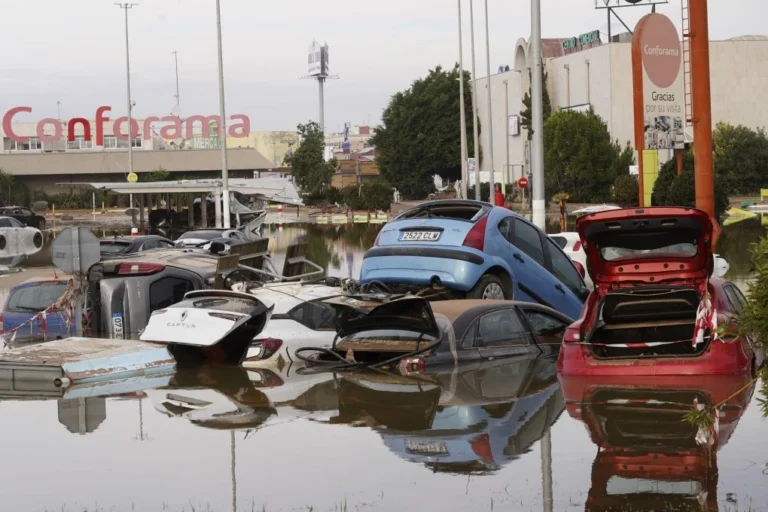The Spanish government has accepted Morocco’s outstretched hand in the face of the devastating consequences of the floods that have triggered widespread international solidarity.
Spain has formally accepted Morocco’s offer of assistance following the devastating floods that hit the southeast of the country at the end of October, according to a press release from the Spanish Ministry of the Interior.
Morocco was one of the first countries to offer assistance following October 29 floods.
With the agreement of the Valencian authorities, the Spanish ministry is now preparing to integrate 24 trucks and 70 Moroccan workers into the recovery efforts.
The Moroccan teams are expected to join the rescue operations by Friday to help remove and transport mud and debris from the affected areas.
On October 30, King Mohammed VI ordered Morocco to assist Spain in the face of this tragedy.
A press release from the Moroccan Ministry of the Interior expressed the country’s willingness to send rescue teams to the affected regions.
The Spanish ministry added that the European Civil Protection Mechanism was activated on November 8 at the request of the Generalitat Valenciana, prompting solidarity from Portugal and France.
Portugal, through its National Emergency and Civil Protection Command, sent about 20 pumps of various types and capacities, seven excavators and backhoes, and two loading trucks.
At the same time, France sent several machines for loading and unloading sludge and waste, as well as four heavy-duty trucks to transport the extracted materials to designated disposal sites.
Spain’s Directorate-General for Civil Protection is currently evaluating proposals for further assistance from several European countries through the European Civil Protection Mechanism.
If these proposals are deemed technically feasible and accepted by the Generalitat Valenciana, they will be incorporated into the ongoing reconstruction efforts.
The floods, caused by an intense storm named DANA (Isolated High Altitude Depression), claimed at least 214 lives in and around Valencia.
In just eight hours, the storm dumped a year’s worth of rain.
Scientists believe that the intensity of this “cold drop” meteorological phenomenon could be linked to climate change.
The floods caused massive destruction, affecting infrastructure, homes and farmland.
The dramatic consequences of the floods provoked a strong political and public reaction due to perceived shortcomings in the preparation and management of the crisis by local and national authorities.
In addition to the Valencia region, the disaster also affected other areas of southern and eastern Spain, particularly the Costa del Sol, where Malaga is located.
Unfortunately, the effects of the bad weather are still being felt by the region’s residents.
According to recent reports, local authorities in Malaga have evacuated thousands of people following a red alert triggered by torrential rain and the risk of flooding.
MK/sf/te/lb/jn/APA


